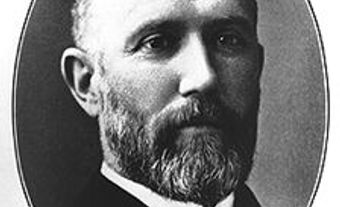International Monetary Fund
International Monetary Fund (IMF) is the principal independent international financial agency concerned with the management of the international monetary system. It was formed in 1944 by 45 nations participating in a Monetary and Financial Conference called to seek international co-operation in avoiding the protectionist trade practices and competitive EXCHANGE RATE devaluations of the GREAT DEPRESSION. The UK was represented by renowned economist John Maynard Keynes. Until the early 1970s, the IMF was remarkably successful in providing a framework for managing stability and adjustments in the world monetary system, and more recently it has devised mechanisms to support countries with serious short-term BALANCE OF PAYMENTS difficulties.
Headquartered in Washington, with a voluntary membership of 179 countries, the IMF is governed by an executive board of 24 members, each representing a group of countries. Each member nation contributes to the fund's reserves in amounts commensurate with its role in the world's economy, including members of the former Soviet bloc; eg, the US contributes 17.84%, Canada 3.73%. The IMF employs a professional secretariat, surveys economic policy in each member country, holds annual conferences of ministers in conjunction with World Bank meetings and maintains a research and publications program.

 Share on Facebook
Share on Facebook Share on X
Share on X Share by Email
Share by Email Share on Google Classroom
Share on Google Classroom

